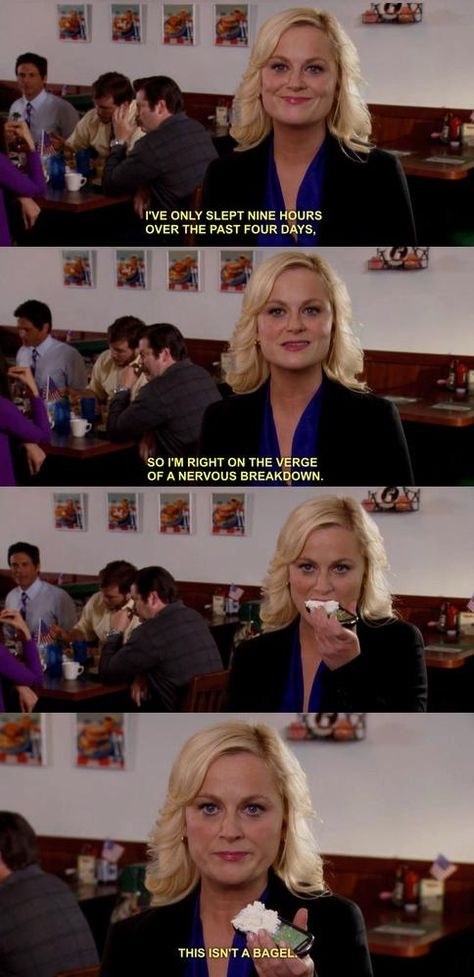On a sunny Wednesday afternoon, I followed the smell of pizza into the Graduate Research Center where Dr. Vincent G. Walford was giving a Life on the Grad Line presentation. Life on the Grad Line is a series of free workshops designed to assist students in their adjustment to graduate school. They are sponsored by the Graduate School and cover such topics as managing stress, handling finances, and preparing theses. Today’s workshop was called “Stress Busters: Learning to Thrive in Grad School.” Dr. Walford is a staff clinician in Baylor’s Counseling Center and discussed the different signals and effects of stress and the many resources we can use to combat it.
Stress comes from tension from demanding circumstances. In graduate school, that could be every day. We could have distress over moving to a new environment and having to create a new social group. We could have distress over our academic demands and higher responsibilities. We could have distress over our financial situation and our career path after graduation. We could even be stressed over things that we love such as family matters and wedding planning. Either way, there is always going to be a lot happening in graduate school. Managing the stress that comes from those activities is crucial. Unhealthy habits like drinking and smoking or sleeping and procrastination are often elevated during times of stress. They are used as a mechanism to avoid studying for a test or preparing for a lecture or planning for a trip.
 Signals of stress can be recognized by a change in feelings, thoughts, and behaviors. It can affect us both mentally and physically. Luckily, there are many ways to relieve ourselves from stressful situations. Dr. Walford recommends trying to either talk it out to a good friend or family member or write it out in a journal, which will usually help bring relaxation. If that doesn’t work, get physical! The SLC has a wide variety of exercise machines and facilities that will meet anyone’s needs and a good work out might help relieve some of our tension. If sweating isn’t working, try breathing exercises and focusing on the positive things. We all have been guilty of viewing the glass half empty at times, which does no good for our bodies or minds.
Signals of stress can be recognized by a change in feelings, thoughts, and behaviors. It can affect us both mentally and physically. Luckily, there are many ways to relieve ourselves from stressful situations. Dr. Walford recommends trying to either talk it out to a good friend or family member or write it out in a journal, which will usually help bring relaxation. If that doesn’t work, get physical! The SLC has a wide variety of exercise machines and facilities that will meet anyone’s needs and a good work out might help relieve some of our tension. If sweating isn’t working, try breathing exercises and focusing on the positive things. We all have been guilty of viewing the glass half empty at times, which does no good for our bodies or minds.
To avoid getting to that state of stress, Dr. Walford has some tips. He advocated to manage our time wisely. Set short-term and long-term goals that are manageable to accomplish. Prioritize the important things that need to be done and save the Netflix binge-watching to the end as a congratulation to ourselves when we meet those goals. We also need to nurture our bodies. A good dose of healthy and organic foods will not only give us more energy during the day, but help us sleep better at night, as well. It may be hard not running down to the Taco Bell, but it is worth it!
If nothing seems to be working, Baylor does have a multitude of resources for us to use. The Graduate School and Counseling Center host “Let’s Talk” every week in the Graduate Resource Center. This program is a walk-in, no appointment, consultation service for students where they can informally meet with someone to talk about whatever issues we have. The Counseling Center provides counseling for individuals, couples, and groups and is located on the second floor of the SLC. These programs, along with the Medical Nutrition Therapy, help students guide the stressful waters of graduate school.
Just remember, you can do it! You have to so you can watch the latest season of House of Cards guilt free.
By Matthew Doyen
